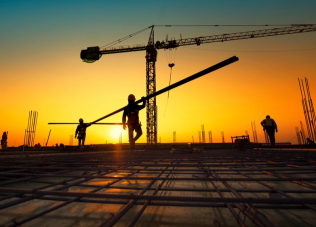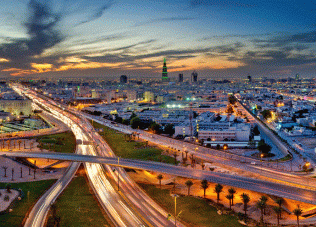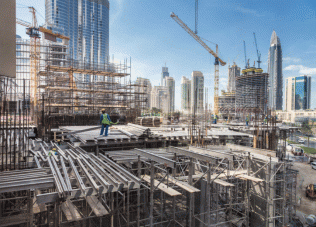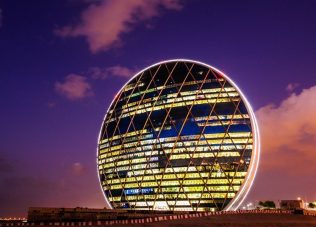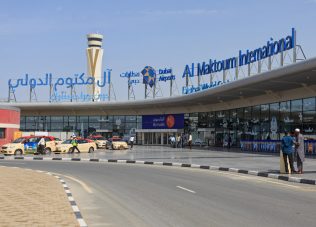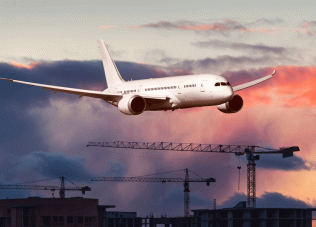UAE logistics eyes future opportunities
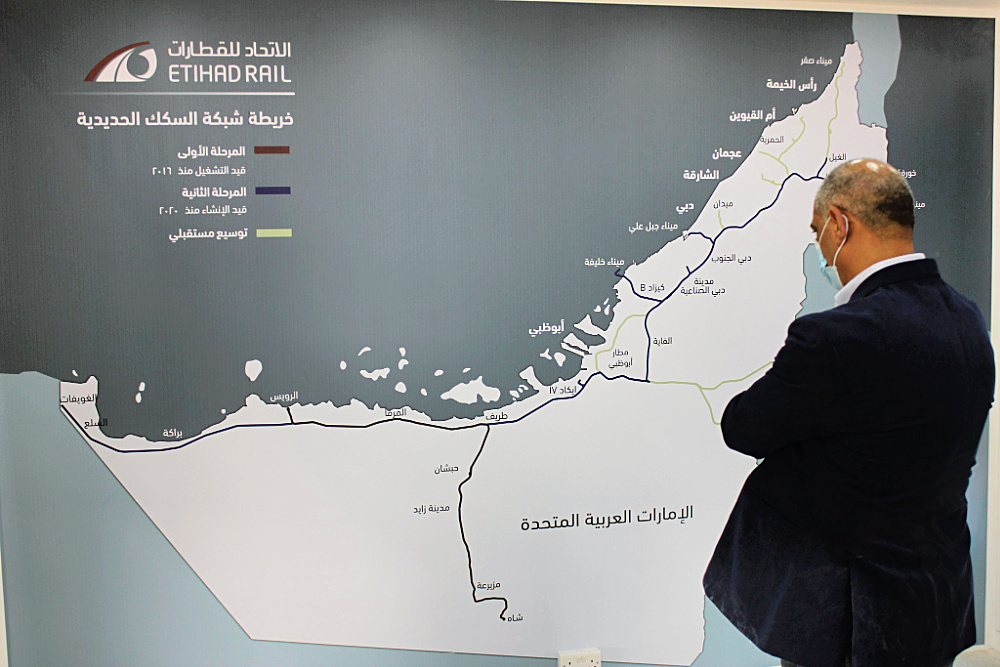
Opportunities in the UAE logistics market emerge on the back of evolving freight solutions and bilateral ties
Logistics players in the UAE are setting their sights on strategic avenues of growth to overcome the challenges of recent years.
From tapping into bilateral trade agreements through to being more competitive, the UAE’s logistics sector is remaining cognisant of emerging market opportunities, according to experts at the Logistics Business Leaders Club organised by MEED and Mashreq Bank on 29 June.
Etihad Rail
Described as a “gamechanger” by one attendee, the UAE-wide railway network is expected to transform connectivity between different emirates and their ports, oilfields, and aviation hubs.
“With the introduction of rail, the UAE logistics landscape is set to become truly multi-modal,” says Abhinand Madireddy, vice president – strategy and growth at Abu Dhabi Ports Logistics. “We’ve got all fronts covered – air, sea, road and rail.”
Etihad Rail will provide passenger and cargo services across the UAE, across a 1,200km stretch from Abu Dhabi through to Fujairah. According to estimates, a single freight train can transport the same amount of goods as up to 300 trucks, producing 70-80 per cent less carbon emissions than the trucks required to transport the same tonnage.
Etihad Rail is signing agreements with global railway players to improve knowledge and capabilities around freight and passenger rail services. In May 2022, MoUs were sign with Renfe, Spain’s national railway operator; High Speed 1, the first high-speed railway in the UK; and British rail freight company GB Railfreight.
The rail operator is also working with local entities to enhance services. For instance, in March 2022, Etihad Rail and Dubai Industrial City signed off plans to launch an advanced freight terminal with a capacity of 5 million tonnes. A similar facility is set to be built in the Industrial City of Abu Dhabi (ICAD).
“In regions such as Europe or India, railways are a normal part of life,” says Raman Kumar, managing director at Al-Futtaim Logistics. “In the UAE too, logistics firm need to look at it as an opportunity, further supporting the speed and efficiency with which we get products to our clients.”
Bilateral partners
Industry players see partnership agreements such as the one signed between India and the UAE in 2022 as beneficial for the industry moving forward. By providing duty-free access for several categories of exports from India, the Comprehensive Economic Partnership Agreement (Cepa) is expected to boost bilateral trade to $100bn within the next five years.
Categories expected to immediately benefit from the agreement include oil and gas, petrochemicals, minerals, textiles, agriculture, jewellery and gems, and metals.
“We see the agreement as a very positive move by the UAE,” says Madireddy. “Logistics is a key industry in the UAE, and we can serve nearly a third of the world from here given our geographical location and capabilities.”
The UAE is India’s second largest export destination, while the emirates is the third largest trading partner of India. Bilateral trade between India and the UAE stood at $73bn in 2021-2022.
Experts expected to see plenty of demand from a contract logistics and freight forwarding perspective, as a direct result of the UAE-India partnership.
“It provides an incentive for manufacturers in India to use the UAE as a vantage point and to store inventory,” says Madireddy. “We can see the physical borders between the UAE and India almost blurring – they are working on collaboration in so many ways.”
Recent months have seen the UAE sign similar agreements with Israel and Indonesia, with another one expected with Colombia. According to the UAE Ministry of Economy, these partnerships will help the national economy grow by 2.6 per cent by 2030.
Playing ground
An attendee at the club raises a question about competition between government-backed logistics firms –which several of the other attendees see as crucial to create a healthy market for clients.
“Ultimately, the decision of which logistics firm they opt for is made by customers,” says Madireddy. “Customers have more options to choose from when competition is higher.”
Mohsen Ahmad Alawadhi, CEO – Logistics District at Dubai South, notes that even where government players may benefit from certain advantages, their appetite for risk is different.
“Private firms are also much better at costing, are more efficient and have greater agility, because they’re not bound by the same rules as a government or semi-government player,” he says.
“We have to stay competitive and continuously improve our processes,” says Al-Futtaim’s Kumar. “We need to innovate, reduce our delivery times and provide the best possible services. Ultimately, this is what will set us apart.”
This article is a part of a series from the Logistics Business Leaders Club held in Dubai on 29 June by MEED in partnership with Mashreq. Attendees at the closed-door event were speaking on condition of anonymity.

